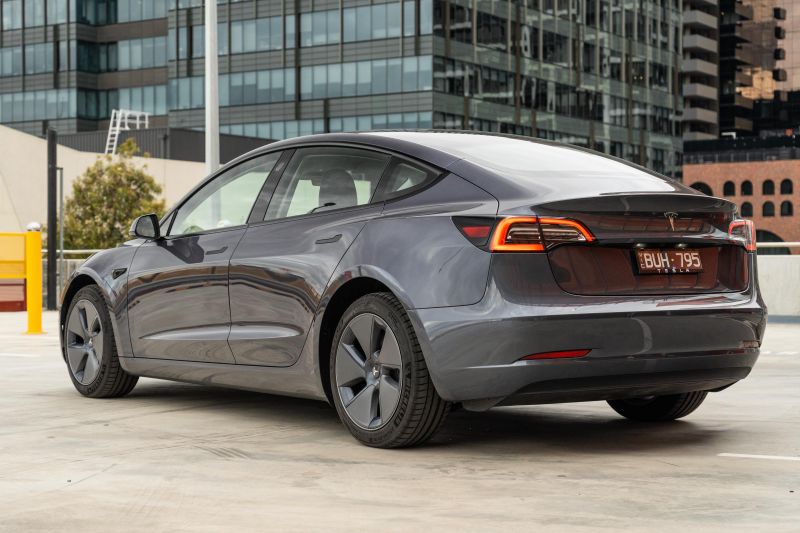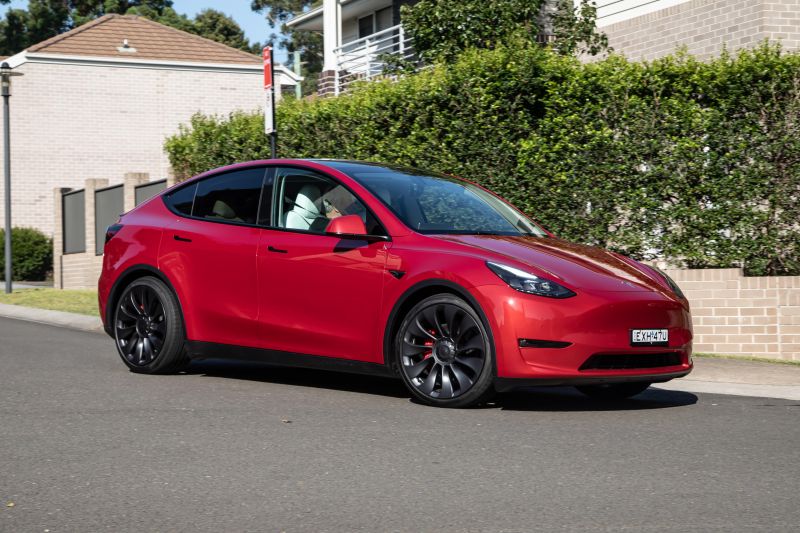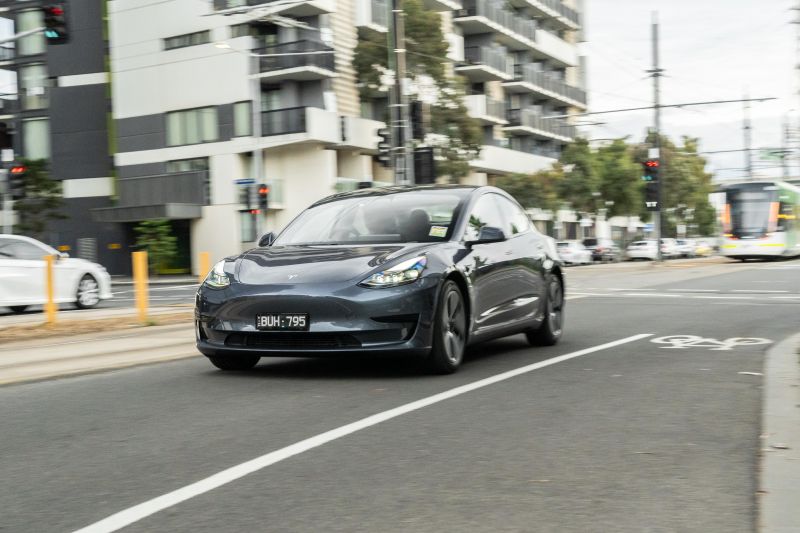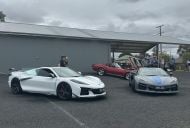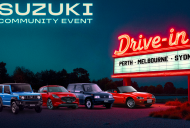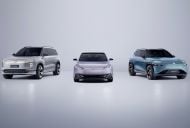Tesla reportedly created a team last year in the US to cancel as many service centre appointments as possible regarding range-related complaints from customers.
As reported by Reuters, which spoke with sources familiar with the matter, the US electric vehicle (EV) carmaker reportedly rigged its vehicles’ range-estimating software for years to exaggerate how far they could travel before running out of charge.
This directive reportedly came from CEO Elon Musk, according to one of the sources.
“Elon wanted to show good range numbers when fully charged,” said the source to Reuters.
“When you buy a car off the lot seeing 350-mile, 400-mile range, it makes you feel good.”
Despite offering a rosy claimed range figure when fully charged, once the charge falls below 50 per cent it reportedly readjusts to a more realistic projection.
Tesla also reportedly designed its cars with a “safety buffer” that allows 24km of additional range even after the dash readout shows an empty battery.
The range estimate also reportedly ignored external factors like cold or hot weather, mountainous terrain, wind direction or the running of the air-conditioning.
When owners complained about not being able to achieve the projected range figure and booked in service centre appointments, Tesla employees reportedly were told to tell them they’d perform “remote diagnostics”.
However, if said diagnostics revealed any non-range-related issues, advisors were reportedly told not to notify customers and to instead close the cases.
The so-called “Diversion Team” was reportedly based in Las Vegas and was dedicated to closing customer complaints about inaccurate range readouts.
Advisors were also reportedly trained to tell customers the US Environmental Protection Agency (EPA) range estimates were just a prediction, and that reduced range was the result of battery degradation over time.
The team was reportedly told by managers it saved Tesla US$1000 (~A$1500) for every appointment it cancelled.
It’s unclear if Tesla is continuing to rig its vehicles’ range-estimating software to show more range, or if the problem is limited to certain regions.
It’s also unclear if Tesla’s “Diversion Team” is still active. Reuters reached out to both Tesla and Elon Musk but neither responded.
This isn’t the first controversy surrounding Tesla’s range claims.
The South Korean government fined Tesla US$2.2 million (~A$3.3 million) earlier this year for exaggerating claimed range by as much as 50 per cent.
Tesla ended up acknowledging false/exaggerated advertising in a statement.





